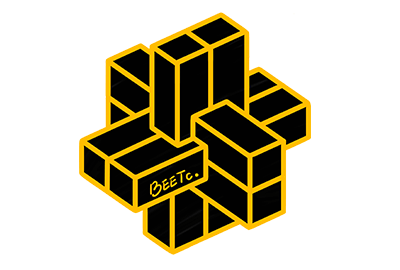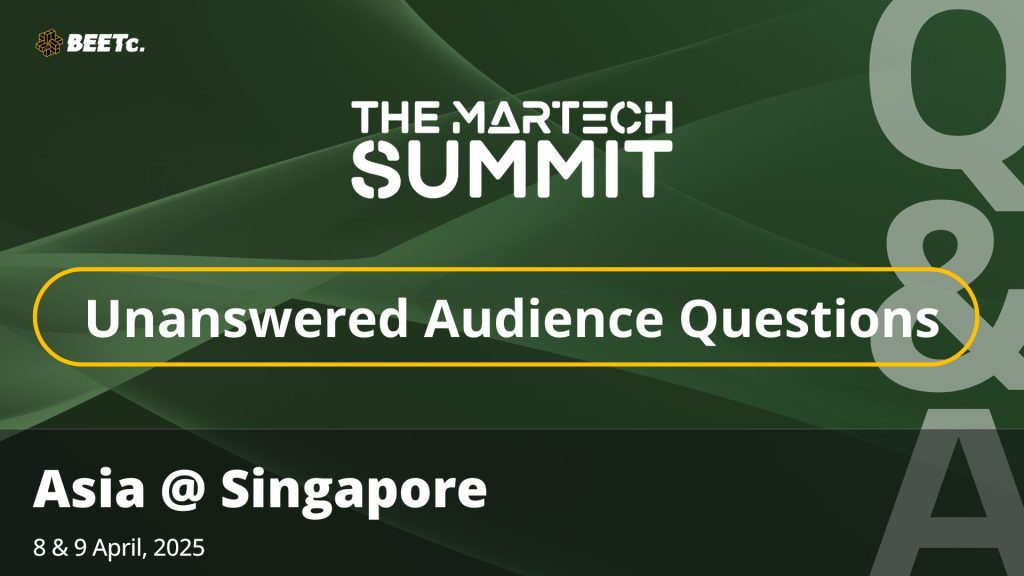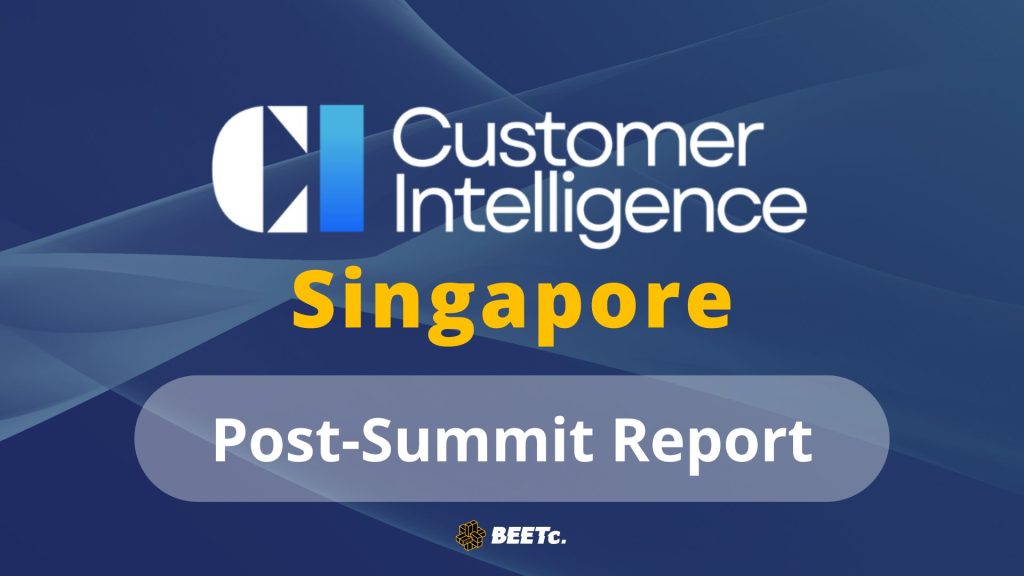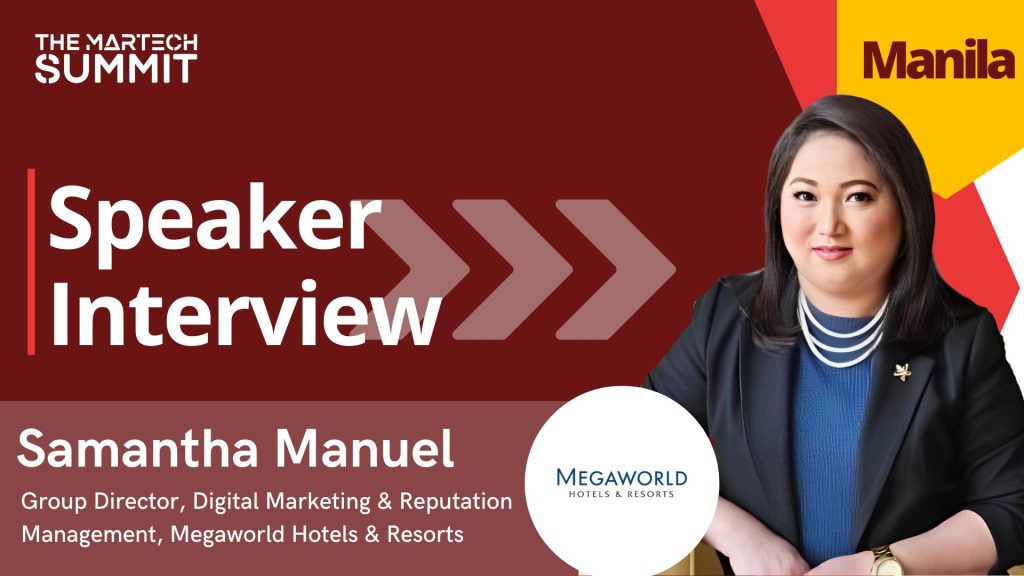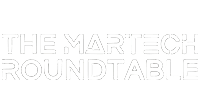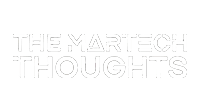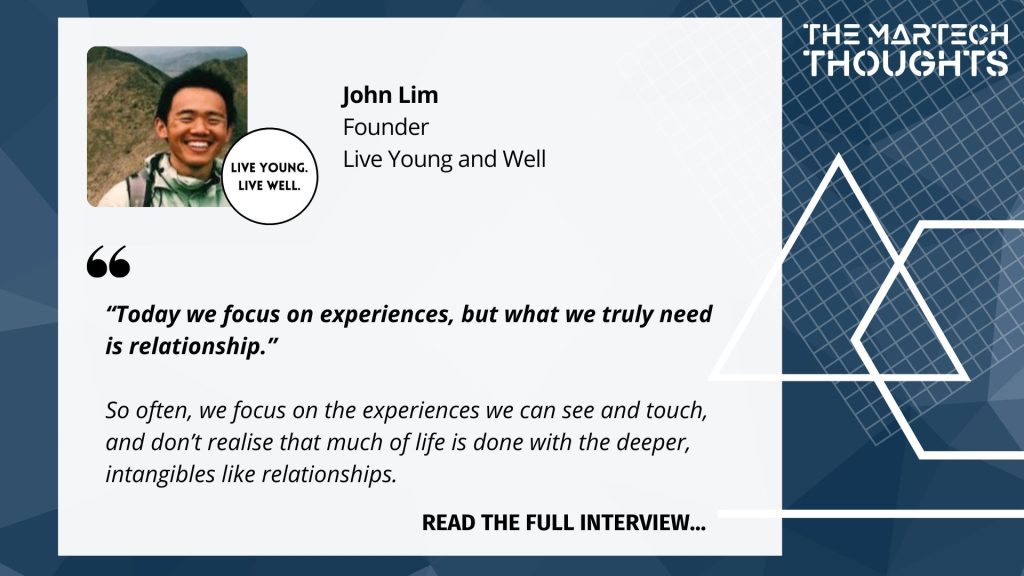
Welcome John Lim, Founder of Live Young and Well, sharing his insights and experiences on MarTech Stacks, Digital Experience and Entrepreneurship, as part of the MarTech Thoughts series.
What is your industry? And how would you explain your job to a 5-year-old?
My industry is in web development.
To a 5-year-old, I would say:
You know how we live at an address on Earth? Similarly, in the online world, people need to be found. Daddy helps people to be found online by giving them a signpost (with domain names), then gives them a space to build their home on the internet (with hosting), and then also helps them to make their homes nice (with web design).
What is the one marketing platform/app/solution you can’t live without? Why?
People usually will talk about the normal martech stack like Google Analytics or other SEO tools etc., but mine is a little different.
I LOVE Ulysses. Ulysses is the ultimate writing tool for writers, and I use it today for anything I write. It’s just a very smooth interface, and everything is very intuitive. I used to create on Word, and then copy and paste onto WordPress, and then reformat there, but today with Ulysses, I can immediately post it onto WordPress sites, with minimal iterations.
Currently, what are you primarily looking for in your digital marketing efforts? Awareness or engagement? Why?
For me, we are really looking for awareness of our brand.
This continues to be difficult because for us, despite doing a lot of heavy lifting for the SEO terms, whilst we have relatively low numbers at 3k per month of visitors, these visitors are staying on average of 1 minute 45 seconds on each article they read.
We think this is quite good.
But they are not moving down the ‘sales funnel’ (and gosh do I hate using this), in terms of subscribing to our mailing list, or even getting on a call with us.
At your organisation, what tasks in marketing are good to automate and what tasks still need a human touch?
We confess. We aren’t the cleverest agency and we still take a lot of time and do things manually.
But what we’ve automated is
1. Tracking of keywords
2. Tracking of keyword positions
3. New Backlinks
We do this through Ahrefs and the weekly reports they send us.
But more than that, we still believe that all content should be created by humans, for humans. And we often see how that has really allowed us to grow our readership, especially after the Helpful Content Update from Google.
What are some of the significant changes to your customer outreach and retention strategies? And how has it impacted the growth plan for upcoming years?
For us, strangely, as a B2B business, we’ve realised that our customer outreach and retention still comes through largely face-to-face interactions. Simple things like buying breakfast for our clients before our meetings (with food being a big thing here in Asia!) do help to break the ice.
Whilst our growth plan seems predicated on how well we form relationships (physically), it means that our customers like us, and keep buying from us.
How do you see the skillsets needed for the marketing profession changing?
I would admit that I’m quite young in the marketing profession, having only done it for 4 years. But what I’m noticing is that despite the increasing digitalisation of the world, accelerated by COVID, there’s also an increasing shift towards relationships, rather than experiences (like how fast a site loads).
This thus means that the skills for marketing are increasingly based on being good at everything, rather than just one thing. The skill here, for me, is ‘drawing connections across disciplines’.
In the past, I would have been okay with someone who was just good at writing. But I’m seeing that the better marketers in our team are those that have come from very different industries (like banking), and these have even outperformed those with traditional marketing degrees.
How do you keep your team motivated to get the best out of them during challenging economic times with additional external pressure?
For us, it’s about being upfront and transparent, but also treading a fine line between that and being authentic. Many leaders talk about ‘authenticity’, but if I was authentic, I would be spilling the beans on how scared I am running a business, and that doesn’t necessarily inspire confidence in the team.
But being transparent is also about being clear with them about not being able to pay them what they might expect. Stating that upfront, tends to weed out those that are with us just for the money.
How do you monitor the effectiveness of your audience segmentation?
For us, monitoring the effectiveness is about being willing to dig into the data, and try to draw insights. This sounds like commonplace advice.
But for us, it means really taking time at the start of each week to think about our content, what’s working, what’s not, what was surprising, and why we think that happened.
Having hypotheses about what happened, and also having hypotheses around what will happen is key to crafting better audience segmentation strategies.
How would you use a million pounds?
I would use it to pay my team. I think they have worked incredibly hard despite our company only paying a fraction of what they will get outside.
Ultimately they believe that marketing isn’t just about making rich businesses richer. But it’s about (for us at least), about trying our best to connect micro businesses to the audiences they are trying to reach.
Each day, micro-businesses power much of our lives. We are talking about the corner store, the small-town hairstylist who cuts your hair, the little popup selling your favourite coffee, and many others. The issue is that many end up dying, and with them, such a big part of our experience of life.
We want to build them the tech stack that enables them to keep doing the work they love, whilst amplifying their brands through marketing.
What’s the best advice someone has ever given you?
“Today we focus on experiences, but what we truly need is relationship.”
So often, we focus on the experiences we can see and touch, and don’t realise that much of life is done with the deeper, intangibles like relationships.
This has shaped how we develop our marketing for companies, in terms of helping them to draw that personal relationship with customers, rather than just focusing on improving the ‘customer experience’ such as helping them check out faster, etc.
Find out more about Live Young and Well if you find this insightful!
And read John’s article about his experience in $0 Budget Marketing: How Their Pageviews Grew by 6x with $0
See more MarTech Thoughts interview posts here: https://themartechsummit.com/category/martech-thoughts/
Last updated: May 2023
